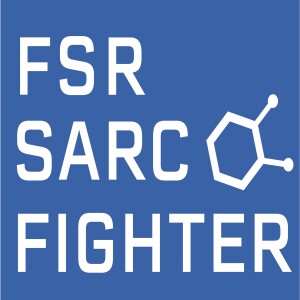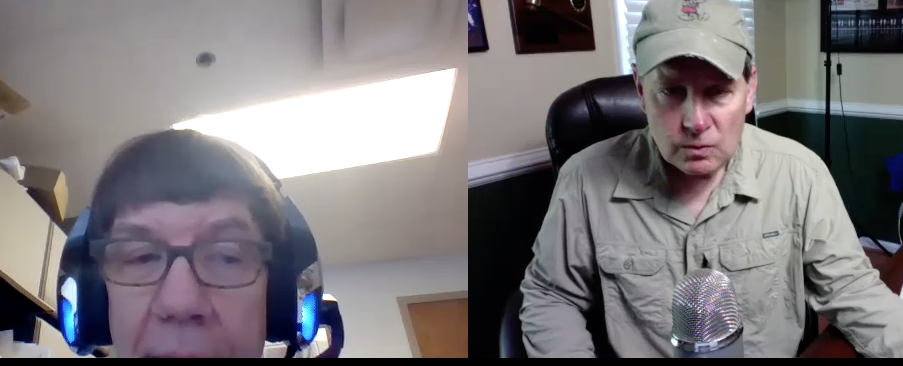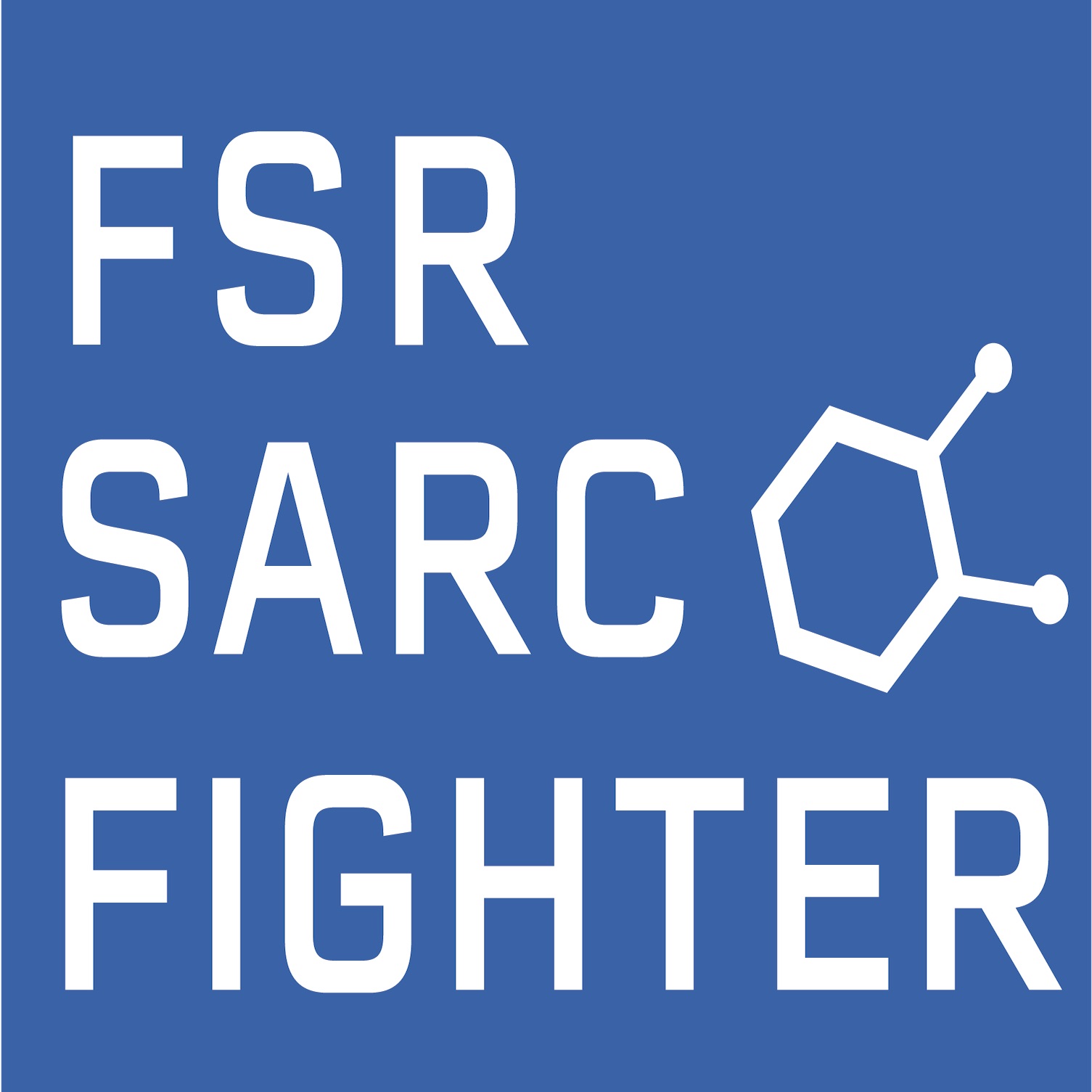
Episodes

Tuesday May 05, 2020
Tuesday May 05, 2020
Are sarcoidosis patients more likely to get COVID-19 and if they do, will outcomes be worse? For the first time, medical science has an answer to that question. Just in are the results of a study conducted by the University of Cincinnati, Albany Medical Center, and The Foundation for Sarcoidosis Research. The study was headed by Dr. Robert Baughman of the University of Cincinnati who talked to the Sarc Fighter Podcast about his findings.
Take the survey: https://redcap.research.cchmc.org/surveys/?s=TJXWAK4FCJ

Here is Dr. Baughman's bio: Dr. Baughman is Professor of Medicine at the University of Cincinnati. After completing undergraduate training at Yale University, he received his medical degree from Case Western Reserve School of Medicine. He joined the Internal Medicine staff at the University of Cincinnati after completing both an Internal Medicine residency and fellowship training in pulmonary diseases at the University of Cincinnati. His major research interests include: the treatment of sarcoidosis and bronchoalveolar lavage. Along with his long time collaborator Dr. Elyse Lower, he has developed several novel treatments for sarcoidosis, including methotrexate, thalidomide, leflunomide, and infliximab. Current studies include treatments for sarcoidosis associated fatigue and pulmonary hypertension due to sarcoidosis. He is on the editorial board of multiple subspecialty journals, and his publications include over 150 original papers and over 70 review articles and/or book chapters. He is on the editorial board of several journals, including American Journal of Respiratory and Critical Care Medicine and Chest. In addition, Dr. Baughman is the recent editor of books on sarcoidosis, interstitial lung disease, and ventilator associated pneumonia. He has been an active member of WASOG since its inception and is President Emeritus.
Here is the New Release from the study:
On April 27, 2020, the Johns Hopkins University Coronavirus Resource Center reported that over 3 million individuals world wide have been infected with COVID-19, including 979,077 in the United States. The vast majority are adults. In the United States, approximately 210 million individuals are above the age of 18. About 200,000 of these people have sarcoidosis.
COVID-19 has changed our world. In sarcoidosis, there have been many questions asked about COVID-19. These include:
- Is a sarcoidosis patient more likely to get COVID-19 infection?
- If a sarcoidosis patient becomes infected, does he or she have a worse outcome?
- Is there increased risk if a patient is taking prednisone or other immunosuppressive drugs?
- Does taking hydroxychloroquine protect a sarcoid patient from COVID-19?
- Does race affect the risk or the outcome for COVID-19?
In order to answer these questions, The Foundation for Sarcoidosis and University of Cincinnati launched a questionnaire three weeks ago. They asked their patients to tell them if they had been infected with COVID-19 or not. If infected, they were asked to report what happened.
To date, over 1600 sarcoidosis patients have responded. Of these, only 31 patients, which is less than 2% of the total, reported having COVID-19 and most were able to be treated at home. None required mechanical ventilation.
We were unable to identify an increased risk associated with race, use of prednisone, or treatment with infliximab (Remicade). Also, the use of hydroxychloroquine (plaquenil) was neither protective nor a risk factor for infection.
Dr Robert Baughman, principal investigator of the study, had the following comment: “When COVID-19 began, there was controversy about the additional risks of sarcoidosis and treatments. This information, although only preliminary, found the rate of infection only slightly higher than the national average. Also, sarcoidosis patients with COVID-19 mostly did well, which is what we are seeing for many of our other patients.” Dr. Elyse Lower, co-director of the University of Cincinnati Sarcoidosis center added, “Thank you FSR for working on getting this information together in a timely manner.”
Dr. Marc Judson of Albany Medical Center and co-investigator of the study added the following comment: “Although more sarcoidosis patients need to participate in this survey to reach definite conclusions, these preliminary results are reassuring. These data show no obvious signal of a particularly poor outcome from COVID-19 infection in sarcoidosis patients. Furthermore, these preliminary results do not suggest that steroids or other immunosuppressive medications are placing sarcoidosis patient at a greater risk of a poor outcome. This has been an important undertaking by the FSR.”
This study is ongoing and we need more information now.
https://www.stopsarcoidosis.org/coronavirus/
Other interesting links:
Cycling with Sarcoidosis http://carlinthecyclist.com/category/cycling-with-sarcoidosis/
The Foundation for Sarcoidosis Research https://www.stopsarcoidosis.org/
FSR Summits 2020 https://www.stopsarcoidosis.org/patient-summits/
Donate to my KISS (Kick In to Stop Sarcoidosis) fund for FSR https://stopsarcoidosis.rallybound.org/JohnCarlinVsSarcoidosis?fbclid=IwAR1g2ap1i1NCp6bQOYEFwOELdNEeclFmmLLcQQOQX_Awub1oe9bcEjK9P1E
My story on Television https://www.stopsarcoidosis.org/news-anchor-sarcoidosis/
email me sarcfighter@gmail.com
Sarc Fighter Facebook Page https://www.facebook.com/SarcFighter/

No comments yet. Be the first to say something!